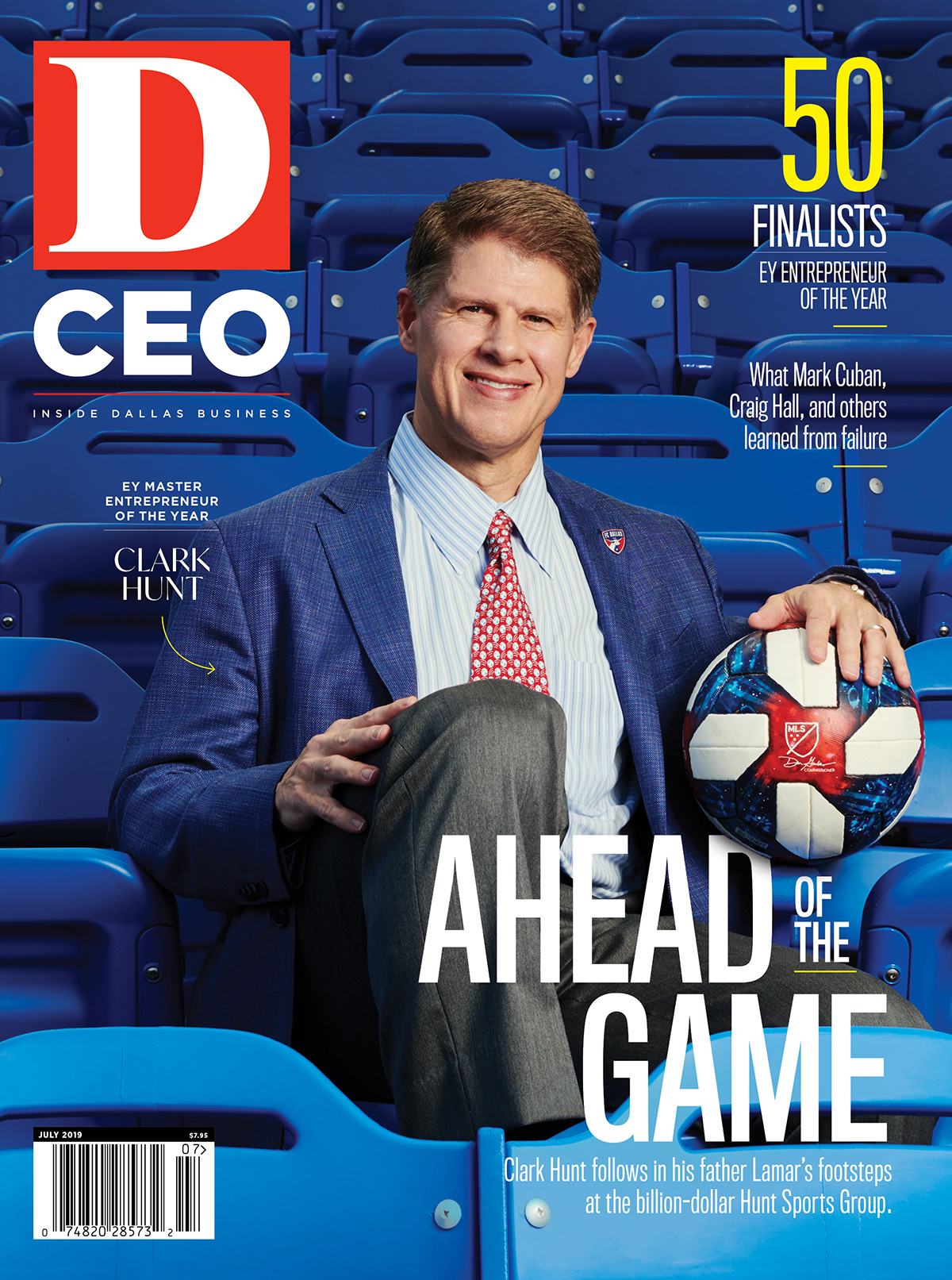In late April, the Choctaw Nation of Oklahoma announced yet another expansion. By the first half of 2021, its casino and resort 90 minutes away from Dallas in Durant, Oklahoma, will add 1,000 hotel rooms, boost the size of its gaming floor, and put in other things like new pools, restaurants, and retail space. It’s an investment of a whopping $500 million—roughly double what you’d pay for a downtown Dallas skyscraper.
The quite significant investment speaks to the clashing gambling attitudes of Texas legislators and everyday Texans.
Let’s look at the latter first: Just outside the borders, casinos brim with the state’s residents. The Choctaw Casino & Resort in Durant is only trying to keep up with what has become the largest casino in the U.S., the WinStar World Casino & Resort in Thackerville, which boasts a gaming floor of an astounding 600,000 square feet, more table and electronic games—100 and 8,200, respectively—than anywhere else in the world.
Yet Texas lawmakers have shut down even the smallest discussions of gambling expansion. Take the horse racing industry, for example. After betting on the races became legal again in 1987, DFW snagged one of three level-one tracks, Grand Prairie’s Lone Star Park. But the racing landscape soon began to shift—“to say it changed dramatically would be an understatement,” says Ray Paulick, a longtime horse racing journalist who runs Paulick Report.
Over time, racing has faltered at the hands of increased competition—namely by the booming casino industry, but also due to recent innovations in sports-related betting. Meanwhile, Texas has yet to follow other states’ footsteps in throwing the industry a bone.
Other states have allowed tracks to add slot machines or become full-on racetrack-casino hybrids, known as racinos. There was hope for middle ground in Texas a few years ago with consideration for “historical racing”; patrons would’ve been able to bet at machines that looked like slots and were loaded with information from races already run, stripped of identifying information like the names of the horses and time of the race. But the state forced a Texas Racing Commission ban of the machines in 2016 by threatening to withhold funding.
Paulick says Texas is one of just a handful of states that have done nothing. He blames the influence of lobbyists, including those backed by tribal interests and Tilman Fertitta, owner of the Houston Rockets and a Texan-frequented casino in Louisiana, for lining politicians’ pockets. Whatever the reason for inaction, the result has been this: Lone Star Park recorded $161 million in wagers last year, down from an already falling $274 million in 2008.
Daily fantasy sports was this session’s hot ticket, with FanDuel and DraftKings pushing Texas legislators to define their games as ones of skill, not chance, so that they’re deemed legal. In May, the Texas House passed a bill in the companies’ interests and forwarded it along to the Senate, where it sat in committee.
Of course, neither of those companies have stopped taking money from Texans in the meantime; as with more general online sports betting, legality is, well, complicated. Which brings us back to horse racing, an industry that fantasy sports hurts, but an industry that Paulick feels could flourish here, with a little help.
“The number of horses that are now being bred in Texas and raised in Texas,” he says, “it’s a small percentage of what it used to be—and it’s an even smaller percentage of what it could be.”






